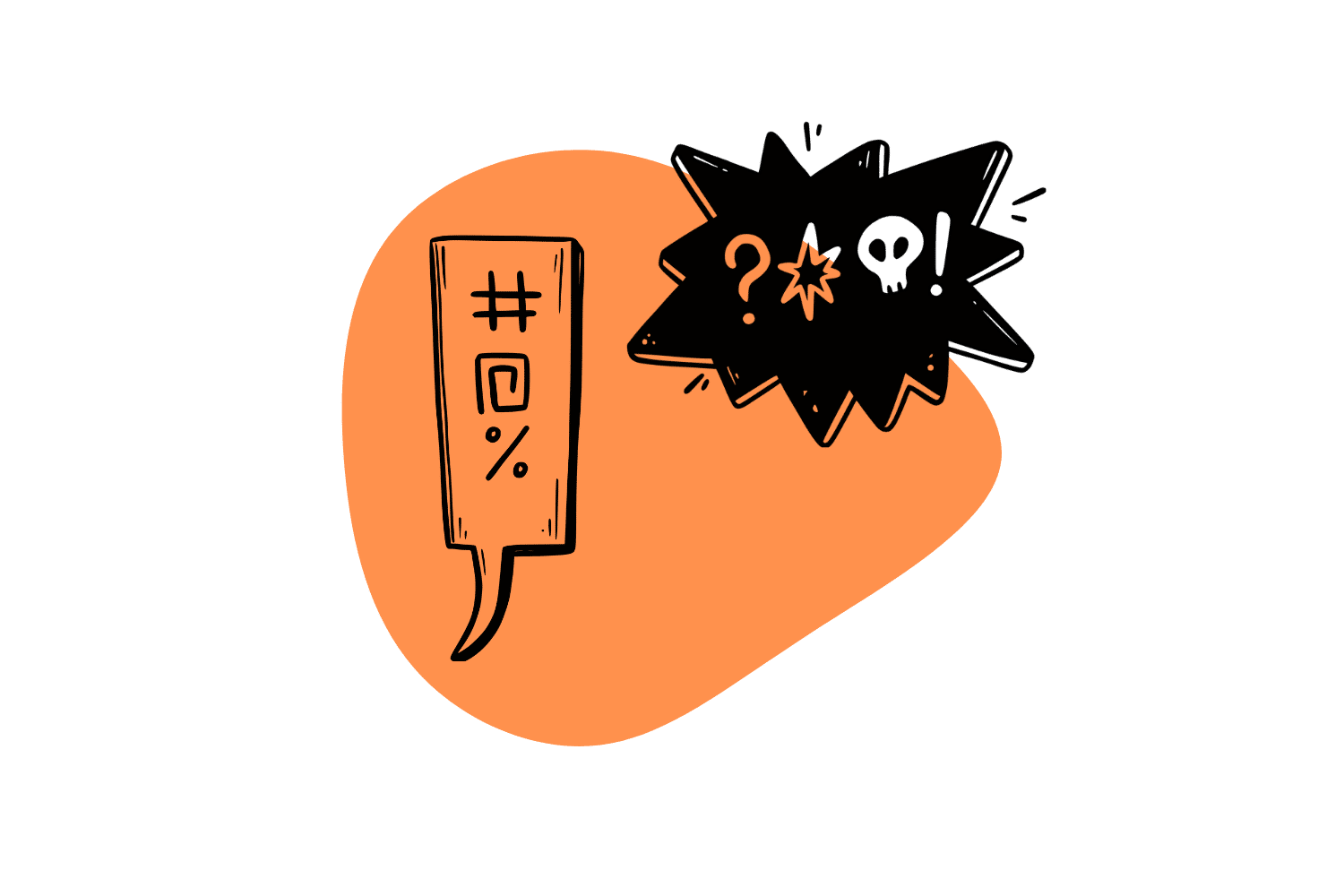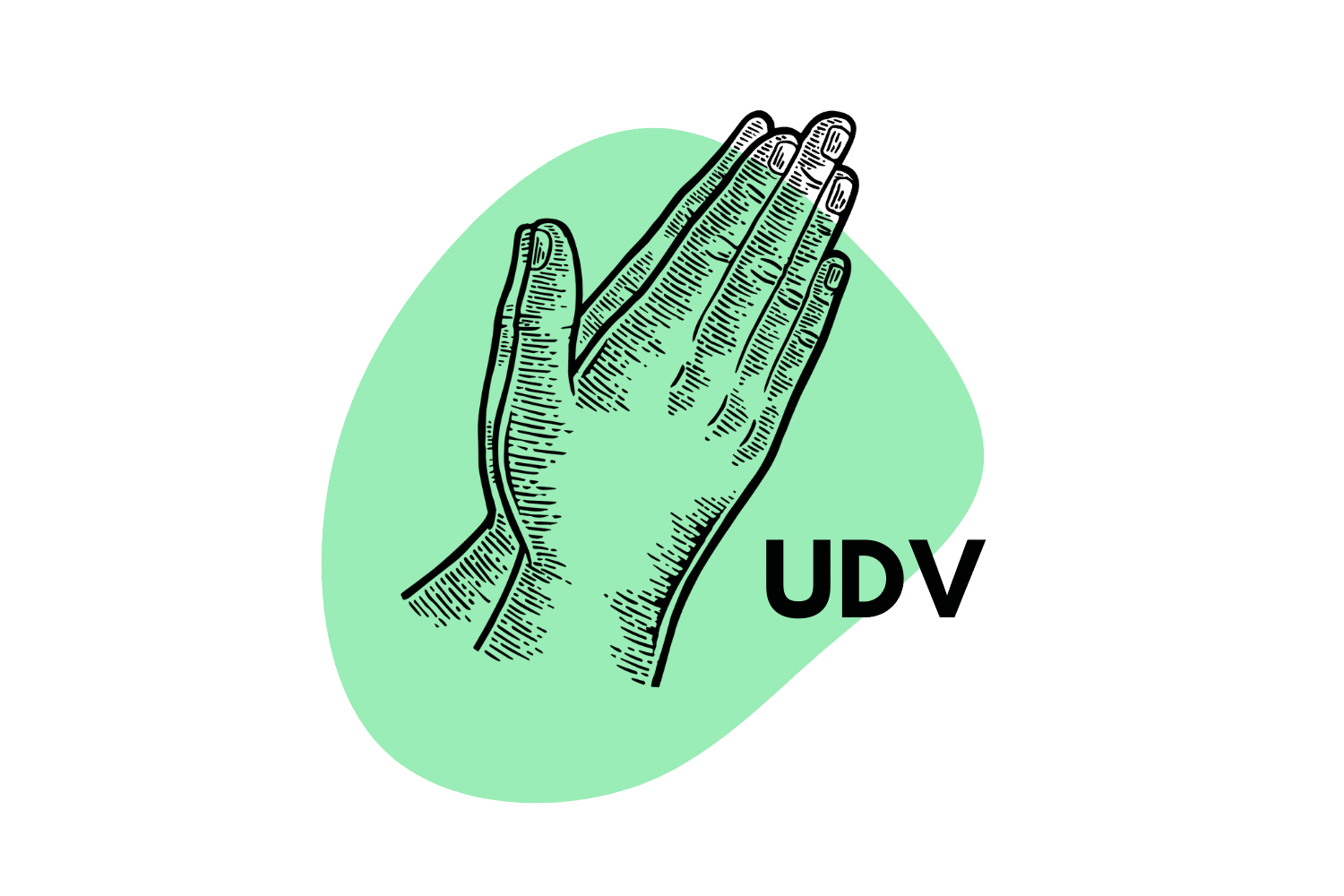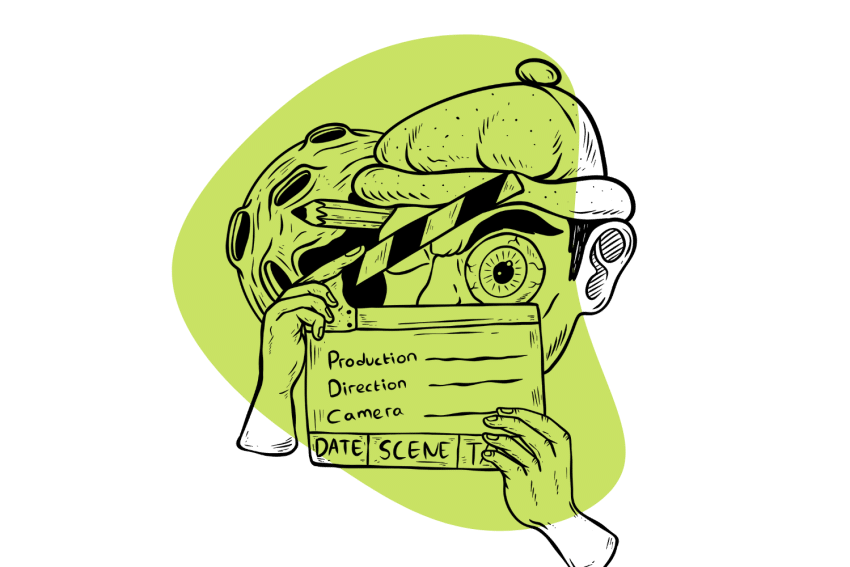Foods to Avoid Before a Drug Test: Everything That Can Cause a False Positive
In the era of high-accuracy drug testing, even minuscule amounts of a restricted substance in food can register on a drug panel.
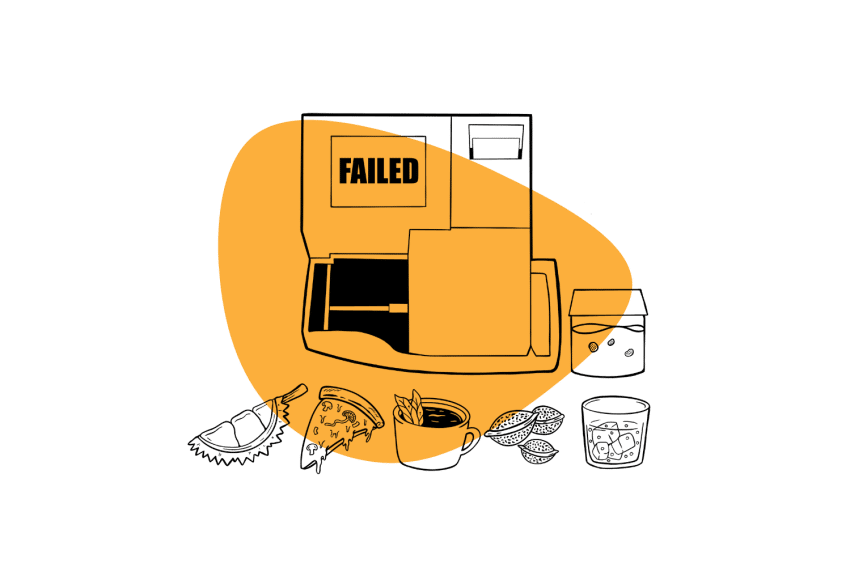
Government agencies, including the DEA, recommend avoiding poppy seeds before drug tests. Why? Because even though they don’t contain enough opiate alkaloids to make you high, they can still register on blood or urine tests up to 24 hours later.
Poppy is the most well-known example, but several foods could result in a positive on your next drug test. Here’s what you need to know.
What Foods Can Cause You to Fail a Drug Test?
Below is a list of foods to avoid the morning of your drug test. To be on the safe side, you should try to avoid eating these for about 24 hours leading up to the test.
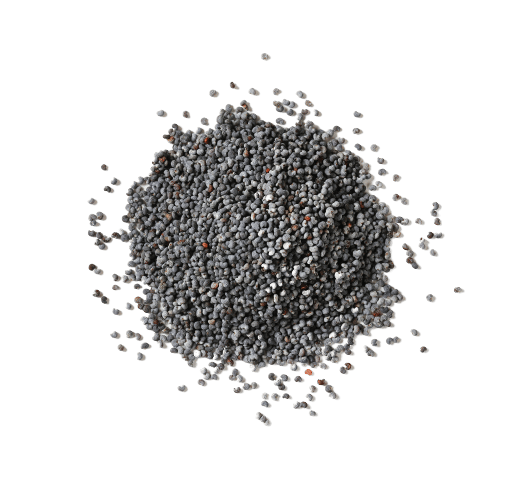
1. Poppy Seeds
Poppy seeds come from the Papaver somniferum plant, which is grown for four purposes:
- for its seeds, which are used as a seasoning
- to produce opium for the pharmaceutical industry or illicit drug markets
- to produce thebaine and oripavine — two compounds that are also used to manufacture painkillers
- for ornamental purposes
Opium, thebaine, and oripavine are all used to produce drugs like hydrocodone, codeine, and oxycodone — all of which are restricted substances that will register on a drug test.
Unsurprisingly, the plant seeds can also contain some of these alkaloids simply from coming in contact with other parts of the plant.
If poppy seeds are thoroughly washed before they’re consumed, it’s unlikely they’ll register on your test, but it’s hard to know whether the poppy seeds embedded in your bagel have been properly washed. It’s best to avoid this ingredient if you have a drug test within the next 2 or 3 days.
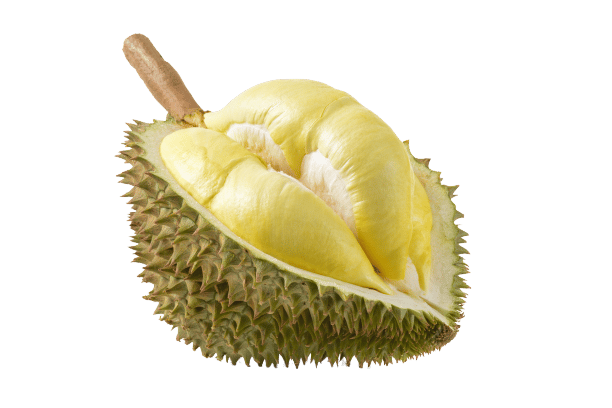
2. Durian Fruit
Durian is a tropical fruit that grows predominantly in Southeast Asia. It’s harmless when consumed as part of a meal or as a snack, but it can cause the levels of alcohol in your mouth — not your bloodstream — to spike, as can some other ripe fruits.
If you’re taking a breathalyzer and had durian shortly beforehand, you may register high enough to run into some problems. This is especially true in countries with a zero-tolerance policy for alcohol while driving.
If you’re instead taking a blood test, however, your blood alcohol content (BAC) will be normal, assuming you haven’t consumed any alcohol. So if you get pulled over and recently had durian, it’s wise to ask for a blood test rather than the standard breathalyzer if you can.

3. Pizza
Believe it or not, pizza is another food that can potentially cause you to fail a breathalyzer test. The yeast in pizza dough can react with the sugars in the dough and the sauce and produce the same “mouth alcohol” that durian can.
Once again, eating pizza will never get you drunk, and any blood alcohol test will come back negative, provided you haven’t been imbibing.
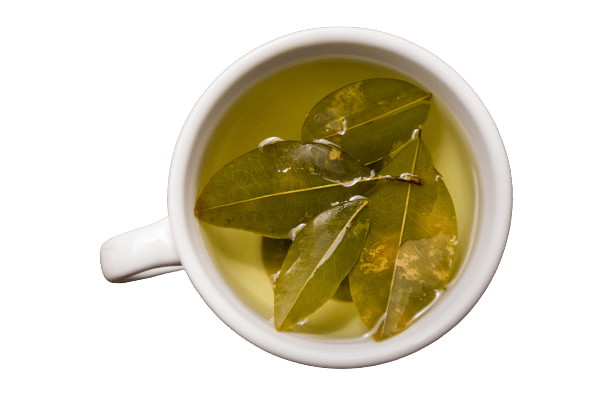
4. Coca Tea
Coca tea is an herbal tea made from leaves of the coca plant, Erythroxylum coca. It’s a mild stimulant and has been known to produce slight feelings of euphoria in some users. The coca plant’s primary alkaloid is cocaine, listed as a Schedule I or equivalent in just about every country around the world.
The issue with drinking coca tea before a blood test or urine test is that it leaves metabolites of cocaine in your bloodstream.
The tea doesn’t produce anywhere near the same effects as cocaine, but a drug test can’t differentiate between metabolites present from drinking coca tea and metabolites present from using cocaine. If you’re a fan of coca tea, it might be best to abstain for 48 hours before your drug test or switch to coffee or another herbal tea for a few days leading up to the test.
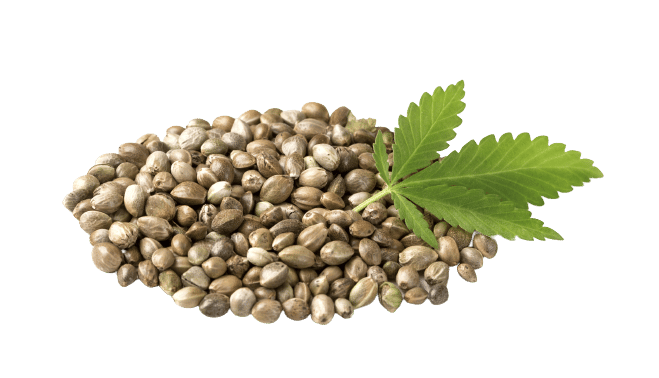
5. Hemp Seeds
Hemp seeds are used in many different foods, particularly in granola bars, cereals, and some bread. Hemp seeds come from the hemp plant, which is federally legal in the United States. Hemp is closely related to marijuana. In fact, it comes from the same plant: Cannabis sativa. The major difference between the two is that hemp has been selected to produce less than 0.3% THC (tetrahydrocannabinol) by weight, while marijuana can have THC levels up to or exceeding 30%.
Consuming hemp seeds — even in large amounts — will never get you high like weed would, but it could leave trace amounts of THC in your bloodstream. Depending on how sensitive the blood test you’re taking is, you could come up positive for marijuana use.
THC can linger in your blood for up to 36 hours, although this timeline is more accurate for those using marijuana and getting large amounts of THC at once. Still, it’s best to avoid hemp seeds for about 48 hours before your drug test to be safe.
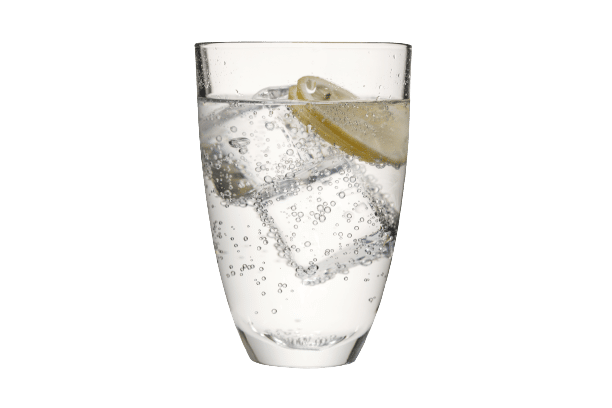
6. Tonic Water
Finally, you should avoid drinking tonic water before your drug test. Tonic water contains the compound quinine, which gives the beverage its bitter taste. Quinine comes from the cinchona tree, which grows primarily in Central and South America, and it’s used as a natural antiparasitic — specifically for malaria.
Unfortunately, quinine and the related compound quinidine are used to adulterate heroin. Not only does the bitter taste of these compounds resemble that of heroin, but they also naturally lower your blood pressure, which means they can amplify the perceived effects of the illegal drug [1]. Some drug tests will test for quinine because of its use in illegal compounds, which means your innocent tonic water could cause you to fail.
Wrapping Up: Avoiding Foods to Pass Your Drug Test
If you have a scheduled drug test coming up, you could fail even if you legitimately haven’t used any illegal drugs. The foods and beverages above can all leave compounds in your mouth or bloodstream that can show up on drug tests — including breathalyzers and blood tests — and cause a false negative.
To be safe, avoid all foods and drinks mentioned above for at least 48 hours before your drug test.
Resources
- Phillips, K. A., Hirsch, G. A., Epstein, D. H., & Preston, K. L. (2012). Cardiac complications of unwitting co-injection of quinine/quinidine with heroin in an intravenous drug user. Journal of general internal medicine, 27(12), 1722-1725.


